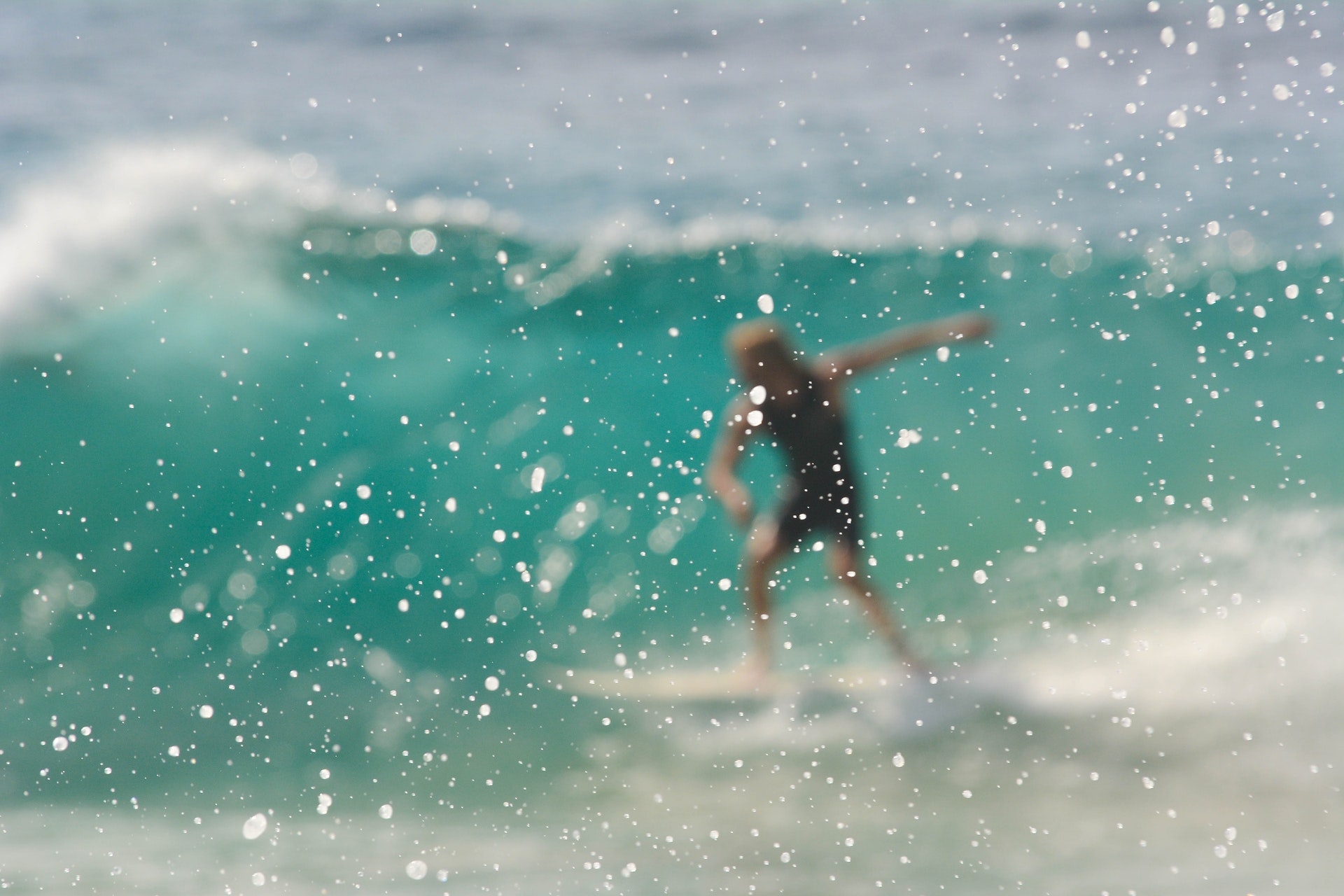Not everyone has perfect vision, and with some sports such as surfing, your lack of sight can put a damper on your experience.
You may be wondering what you can do about your eyesight while surfing if you need to wear glasses.
It is possible to surf with glasses, but they are not recommended as there is a high chance of them being lost in big swells.
Luckily, there are a few alternatives for eyesight problems in the water such as contact lenses and prescription goggles.
Each individual will have their own reasons for which method they choose.
However, this article is here to help you make an educated decision on the best way to correct your vision for a day in the surf.
- Can You Go Surfing With Glasses?
- Will I Lose My Glasses When Surfing?
- Is It Dangerous to Surf With Prescription Glasses?
- Are Contact Lenses a Better Alternative to Glasses When Surfing?
- Can I Go Surfing Without Glasses or Contact Lenses if I Have Poor Eyesight?
- 6 Tips for Surfers With Bad Eyesight
- Conclusion
- You Might Also Like…
Disclosure: this post contains affiliate links (clearly marked with ), which means we may earn a commission if you buy something through them, at no additional cost to you.
Can You Go Surfing With Glasses?
It is not only those who struggle with eyesight who look to wear glasses while in the water.
The sun can cause damage to the eyes, and as a lifelong surfer, it is common to develop pterygium, also known as surfers’ eye.
Whether it is for protection from the sun or to help with your eyesight, it is possible to go surfing with glasses.
There is an array of surf sunglasses glasses available on the market. Most of these are plastic in design and always include a safety strap to prevent loss in the swell.
Although these surfing glasses are less common among sight correction glasses, it is possible to fix a strap to your every day glasses and take them into the water.
However, this holds a high chance of losing them.
Will I Lose My Glasses When Surfing?
If you choose to go surfing with glasses on there is always a risk of losing them in the water.
Most glasses designed to be used in the ocean are buoyant and therefore will float on the surface, making their recovery easier.
That being said, even with their buoyancy and their protection straps, in large swell, the risk of losing your glasses greatly increases.
If you are planning to take your glasses into the ocean for a surf with you, it is best to do this on a day when the swell is small and you are less likely to be tumbled and thrown around by the waves.
How To Prevent Losing Your Glasses While Surfing
There is no promise that your glasses will be completely safe in the ocean, and adding waves to the situation like we do when we surf further adds to the risks.
Although there is always a chance that you will lose your glasses in the waves, there are a few things to keep in mind which may help reduce the chances of your glasses sinking to the bottom of the ocean.
Use a Protection Strap
Most surf glasses have a protection strap included. This strap can be secured around your head which will keep the glasses in place.
However, there is still a risk that the strap will come loose. This is why it is also a good idea to connect the glasses to your wetsuit via a short string (not long enough to wrap around your neck).
Use Buoyant Glasses
It is not necessary to use glasses specifically made for surfing when hitting the waves.
However, if your glasses are metal framed and do not float, you greatly increase your risk of losing them.
If you do not wish to buy a pair of glasses specifically for the water, it is possible to wrap a small amount of non-absorbing foam or rubber on the area that sits over your ears.
This method will help your glasses float, as well as secure them more tightly around your head.
Avoid Surfing in Rough Swell
As mentioned above, the bigger the waves and rougher the swell, the more likely it is that you will lose your glasses
If you are more comfortable using glasses than contact lenses, then choose a surf day when you will not need to be constantly duck diving under waves in order to get past the break.
It is also a good idea to choose a day with gentle offshore winds so that the ocean is calm between waves.
Is It Dangerous to Surf With Prescription Glasses?
When surfing there are always dangers to look out for. Adding glasses to the mix simply provides one more thing of which to be aware.
Surfing with prescription glasses does not drastically increase your danger factor in the water.
However, there are a few important risks that you should be aware of before entering the swell.
1. Chance of Loss
We have already covered this topic above, and although not technically dangerous to the surfers’ health, the loss of prescription glasses can make everyday life a battle.
2. Cords and Strangulation
Because it is a good idea to fasten your glasses to your wetsuit or body with a string or cord, this creates a possibility for the cord to wrap around your neck.
This is, however, an unlikely situation if you use either a cord that is not long enough to reach around your neck or if you use a retractable or elastic type cord.
This is not a high-risk danger, however, it is still important to be aware of the possibility.
3. Cuts From Broken Glass and Plastic
The biggest risk you face when surfing with glasses is the chance of them breaking.
Not only is breaking your prescription glasses an annoyance, but when surfing it creates a risk of cutting your face or in extreme cases, your eyes.
The most likely way in which surfing will cause your glasses to break is from hitting your head on your board.
This is particularly dangerous as the broken glass will be pushed against your eyes.
To avoid a situation such as this, it is best to use prescription surfing glasses which are made to be shatterproof and include shock-absorbing frames.
Are Contact Lenses a Better Alternative to Glasses When Surfing?
Surfing with contact lenses, although possibly more comfortable, comes with its own set of risks.
In most cases, surfers who find wearing contact lenses on land annoying are still able to put them in before hitting the waves and then removing them as soon as they exit the water.
That being said, doctors do not recommend using contact lenses while surfing.
Risk of Infections
According to the FDA, you should not expose your contact lenses to ocean, river, or lake water.
The reason for this is that these bodies of water could be a source of microorganisms which could lead to infections, or in serious cases, blindness.
The BCLA (British Contact Lens Association) furthers the above advice by stating that you should not go swimming with contact lenses unless they are kept dry by tightly fitting waterproof goggles.
Calculating the Risk
Although there are risks involved in using contact lenses in the ocean, they remain to be more popular than using prescription glasses while surfing.
The reason for this could come down to comparability, a balanced risk assessment, as well as aesthetics.
There is no evidence that surfing with contact lenses is better than surfing with glasses or vice versa.
The choice will come down to the individual surfer and what they find best for themselves.
That being said, if you choose to go surfing with contact lenses, you should keep in mind the following to reduce your chances of infection:
- Keep your eyes closed when duck diving or wiping out.
- Refrain from using lenses more than once (it is best to use disposable contacts for surfing).
- Remove your contacts immediately after exiting the water.
- Wash your hands with sterile water before removing your contacts after a surf.
- Do not rub your eyes while surfing.
- If you choose to use reusable lenses then make sure to clean them thoroughly with a sterile solution after each session.
Can I Go Surfing Without Glasses or Contact Lenses if I Have Poor Eyesight?
This, once again, is a decision that will depend on each individual.
The ocean can be a dangerous place, and the lack of eyesight can greatly increase the risks.
It is important to be able to not only see the oncoming waves clearly but to be aware of other surfers in the water, as well as keep an eye out for rocks, the ocean floor, and potentially dangerous sea life such as jellyfish.
So how do you know if it is okay to go surfing without contacts or glasses?
Although, in the end, the decision is yours alone, a good rule of thumb is to consider how you feel on land without vision correction aids.
If you are not comfortable on land without your glasses or contacts then there is no place for you in the ocean without them.
That being said, if you are only slightly visionary impaired, then surfing without glasses or contact lenses may be okay.
Remember that when surfing, safety should always be the biggest concern.
6 Tips for Surfers With Bad Eyesight
If you have bad eyesight but cannot stay out of the ocean, or perhaps you have always wanted to give surfing a try, the following tips will help you remain safe, as well as aid you in getting the most out of your surf when you have bad eyesight.
1. Sight Is More Important Than How “Cool” You Look
Do not refrain from using prescription surfing glasses, or goggles to protect your contact lenses.
You may be embarrassed by the way you look, but the other surfers will respect you for keeping yourself, and them, safe.
2. Be Aware of How Bad Your Eyesight Is
As mentioned before, if you need to use glasses all day on land, then you will need to take some sort of sight correction method in the water.
3. Do Not Surf Alone
Surfing alone can be a lot of fun and will add an entirely new experience to the sport. However, if you have bad eyesight, this is not a good idea.
Surfing with others in the water is a safety net in case you get injured, or perhaps you lose your glasses and cannot get safely back to shore.
4. Prescription Glasses Are Safer Than Contact Lenses
Although they may seem uncomfortable, and there is a higher chance of them being lost, prescription glasses remain the safest way to correct bad sight while surfing.
Although many people use contact lenses, they create a high risk of eye infection.
5. Surf Over Sandy Ocean Floors
If you have bad eyesight it is always a good idea to surf where there are little or no obstacles.
Surfing on a rocky break is dangerous as you might not see yourself heading towards an exposed bolder in time.
The same goes for overcrowded beaches. Finding a balance between other people in the water and enough space around you is important when surfing with poor eyesight.
6. Never Be Afraid to Ask for Help
Don’t feel embarrassed to ask other surfers in the water for help. Locals may seem scary to you at first, but you will be surprised how helpful they become when you are in need.
Conclusion
It is possible to go surfing when you have bad eyesight, and in fact, many people do.
When correcting your sight in the water you can choose from prescription surf glasses, contact lenses, or your everyday glasses.
Whichever method you choose, it is important to weigh the pros and cons of each, as well as keep in mind the safety factor that they entail.
Your eyesight does not need to hold you back when surfing, all you need to do is try.
You Might Also Like…
-

Do Surfers Ride Switchfoot? 5 Benefits (& Why You Should Learn It)
-

Do Surfers Shave Their Legs? 5 Common Reasons (+Pros & Cons)
-

Do Surfers Wear Helmets? 8 Situations You Should Wear One (+4 Cons)
-

Do Surfers Poop in the Ocean? Myths & Facts (+5 Tips)
-

Do Surfers Run Into Each Other? 5 Common Reasons (+8 Tips)
-
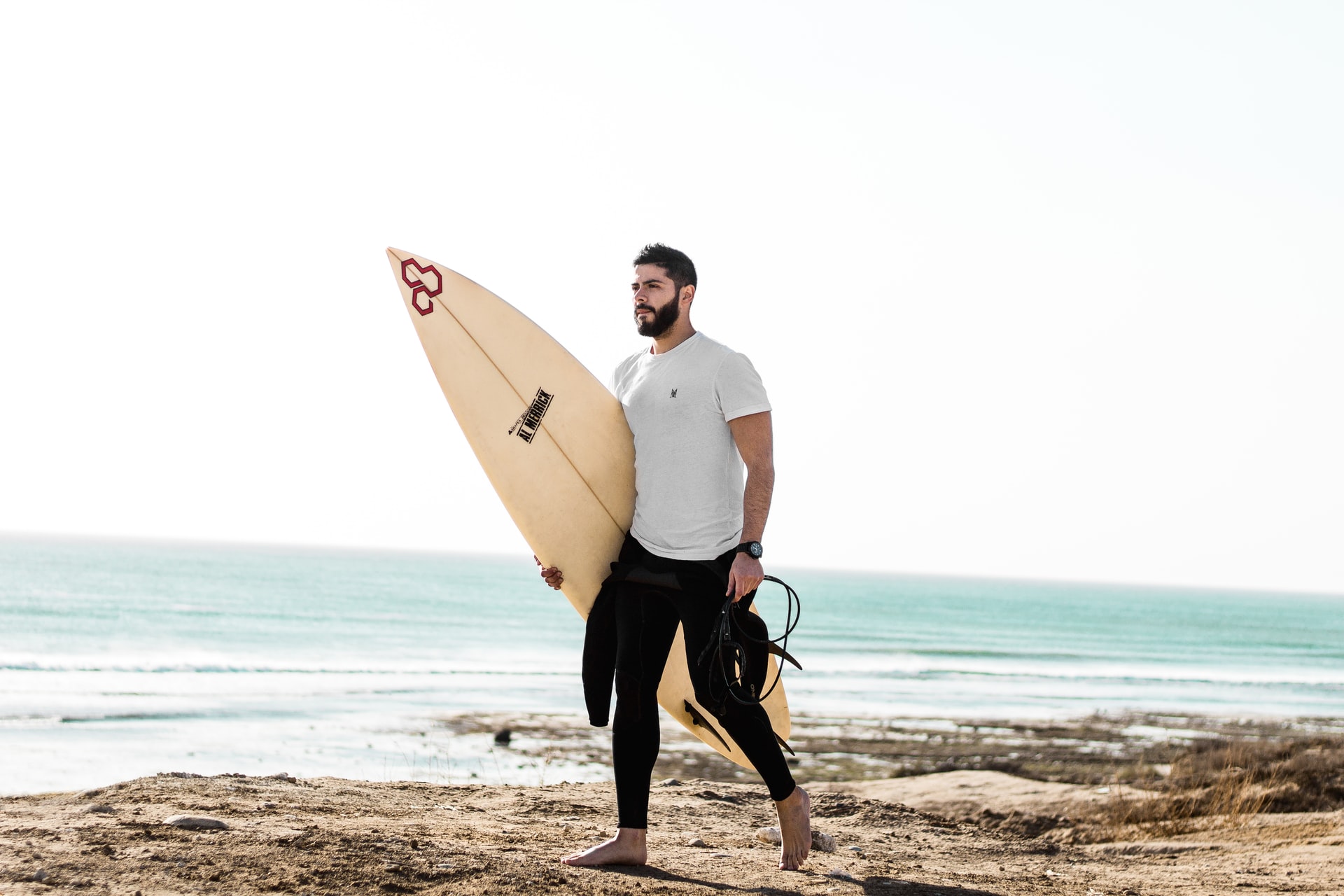
Do Surfers Have Beards? Pros & Cons You Should Know (+4 Tips)
-
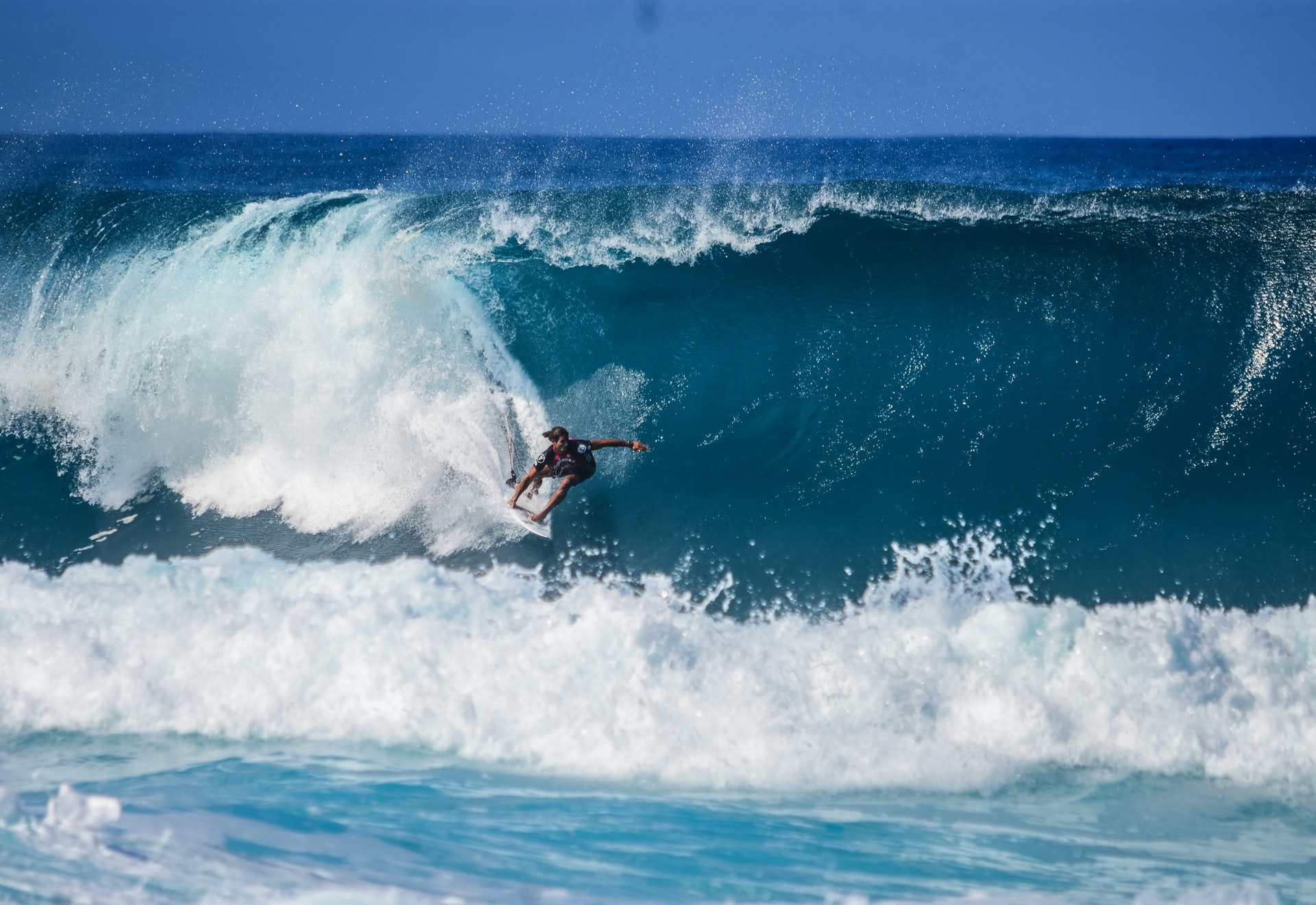
Do Surfers Like Constructive or Destructive Waves? (+Pros & Cons)
-
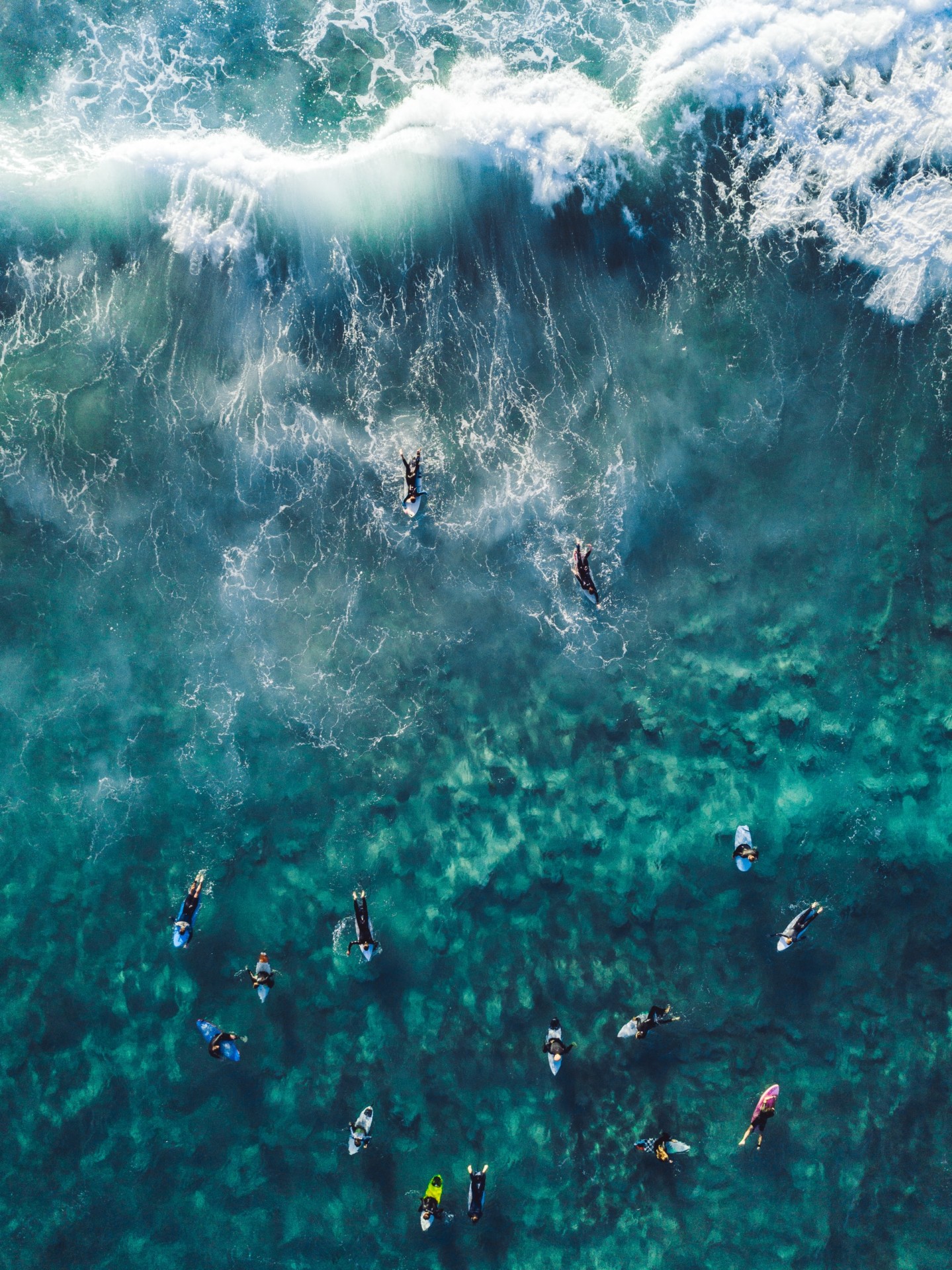
How to Surf Safely: 34 Crucial Tips (Every Surfer Should Know)
-
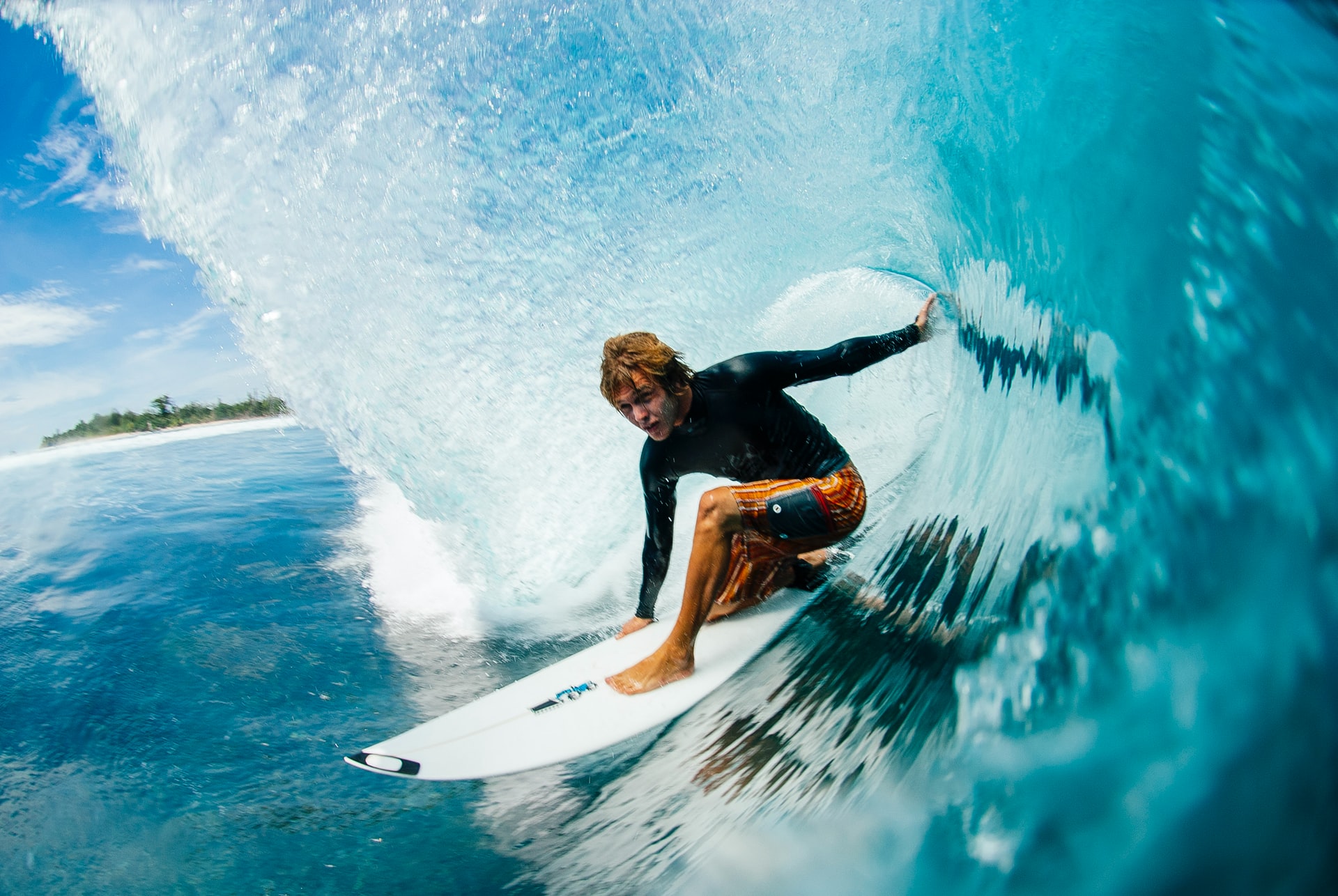
Do Pro Surfers Use Leashes? (+6 Reasons Why You Should Too)
-
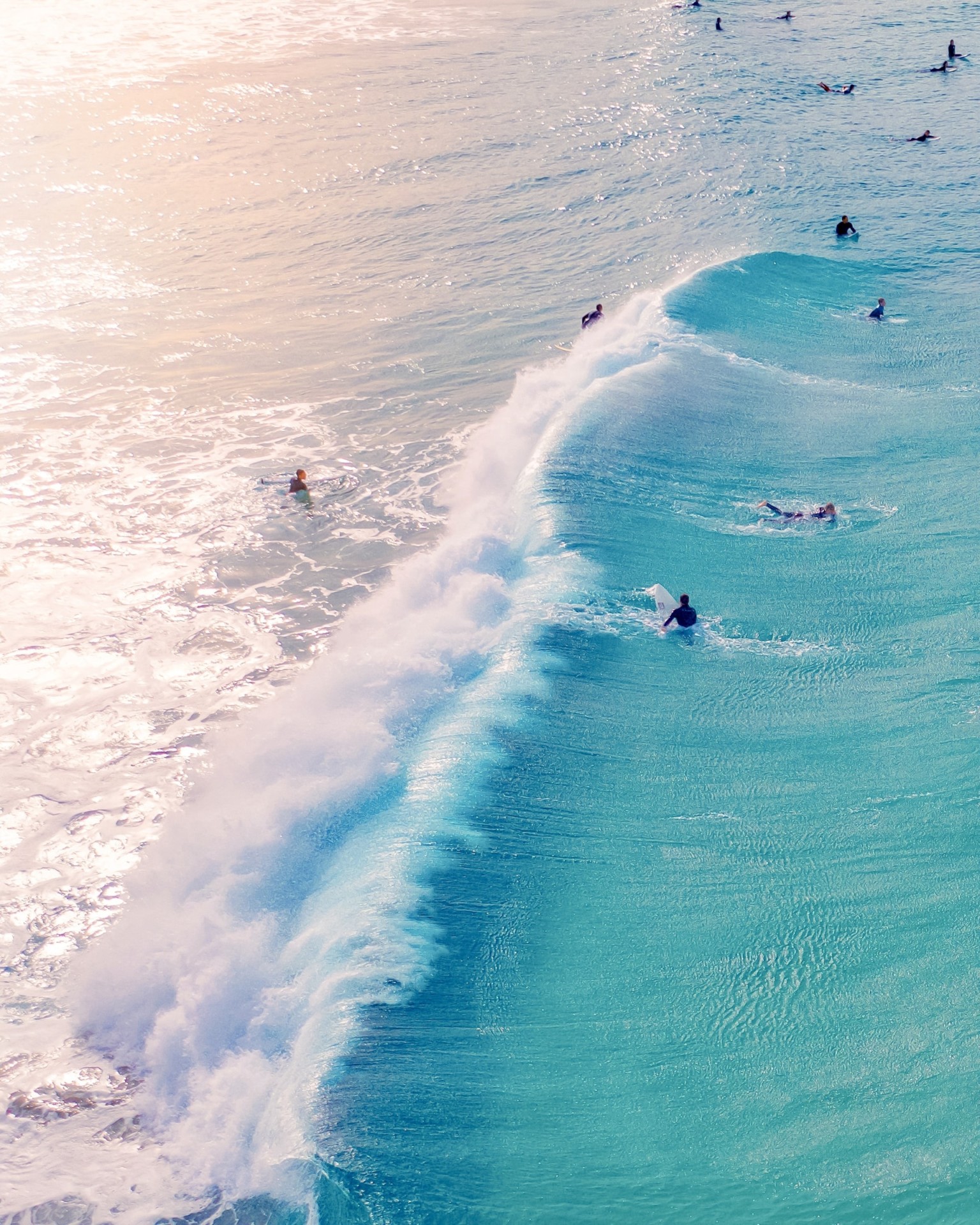
Do Many Surfers Drown? Here Are the Facts (+4 Common Reasons)
-
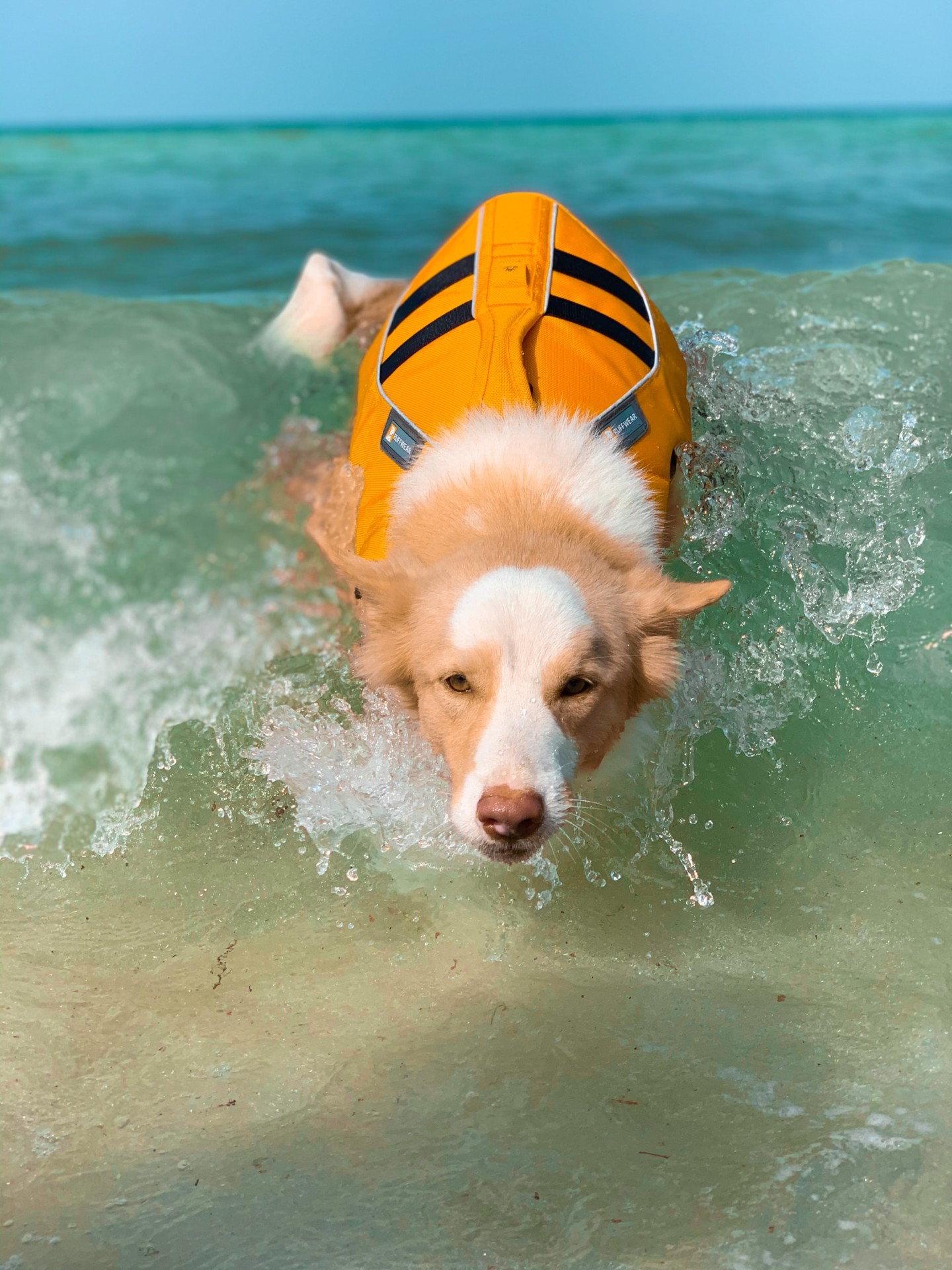
Do Surfers Wear Life Jackets? (7 Reasons Why They Don’t)
-
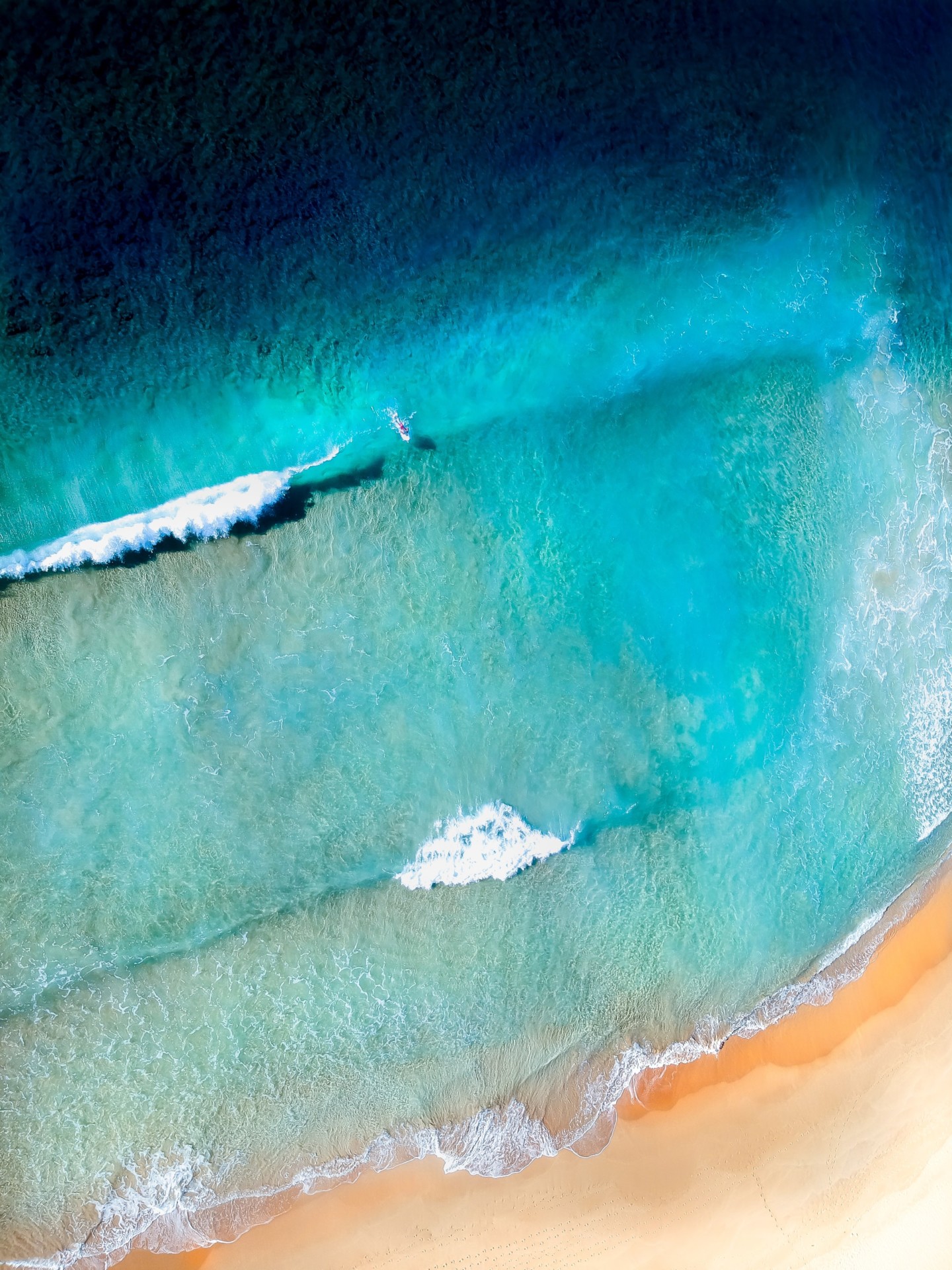
Do Surfers Like Rip Currents? (& How to Use Them Safely)

